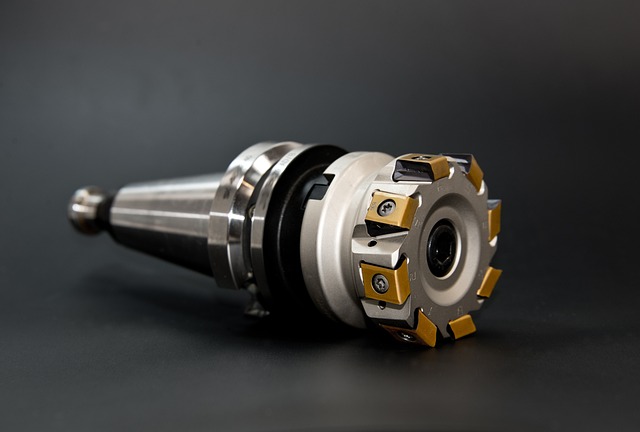Niche Market Domination through Precision Manufacturing
Precision manufacturing's role in capturing niche markets is transforming industrial strategies. This approach, blending cutting-edge technology with specialized production techniques, allows businesses to meet highly specific customer demands. As industries evolve, the ability to produce intricate, custom components at scale is becoming a key differentiator in the global marketplace.

The Evolution of Precision Manufacturing
Precision manufacturing has its roots in the industrial revolution, but it has undergone significant transformation in recent decades. Initially limited to specialized industries like aerospace and medical devices, precision manufacturing techniques have now permeated a wide range of sectors. The advent of computer numerical control (CNC) machines, 3D printing, and advanced metrology tools has democratized access to high-precision production capabilities.
Identifying and Targeting Niche Markets
Success in niche market domination begins with thorough market research and analysis. Companies must identify underserved segments where precision manufacturing can provide unique value. This process involves understanding customer pain points, analyzing competitor offerings, and evaluating the potential for sustainable growth within the chosen niche.
Leveraging Technology for Competitive Advantage
Cutting-edge technology plays a crucial role in precision manufacturing for niche markets. Advanced CAD/CAM software, multi-axis CNC machines, and additive manufacturing techniques enable the production of complex geometries and custom components that were previously impossible or cost-prohibitive. By investing in these technologies, companies can offer unparalleled product quality and customization options.
Developing a Specialized Workforce
The human element remains critical in precision manufacturing. Skilled operators, engineers, and quality control specialists are essential for maximizing the potential of advanced machinery. Companies pursuing niche market domination must invest in continuous training and development programs to ensure their workforce remains at the forefront of precision manufacturing techniques.
Quality Control and Continuous Improvement
Maintaining stringent quality control processes is paramount in precision manufacturing for niche markets. Implementing statistical process control, Six Sigma methodologies, and advanced inspection techniques ensures consistent product quality. Moreover, fostering a culture of continuous improvement drives ongoing innovation and operational efficiency.
Building Strong Customer Relationships
Success in niche markets often hinges on developing deep, collaborative relationships with customers. By working closely with clients to understand their specific needs and challenges, precision manufacturers can co-develop innovative solutions that solidify their position as indispensable partners rather than mere suppliers.
Strategic Insights for Niche Market Domination
• Conduct regular technology audits to identify opportunities for upgrading manufacturing capabilities
• Develop cross-functional teams that combine engineering, marketing, and sales expertise to identify and pursue niche opportunities
• Implement flexible manufacturing systems that can quickly adapt to changing customer requirements
• Establish partnerships with research institutions to stay at the forefront of precision manufacturing techniques
• Create a robust intellectual property strategy to protect unique manufacturing processes and product designs
In conclusion, niche market domination through precision manufacturing offers a powerful strategy for businesses seeking sustainable growth and competitive advantage. By combining advanced technology, specialized expertise, and a customer-centric approach, companies can establish themselves as leaders in high-value market segments. As industries continue to evolve, the ability to deliver precision-engineered solutions will remain a key differentiator in the global marketplace.






